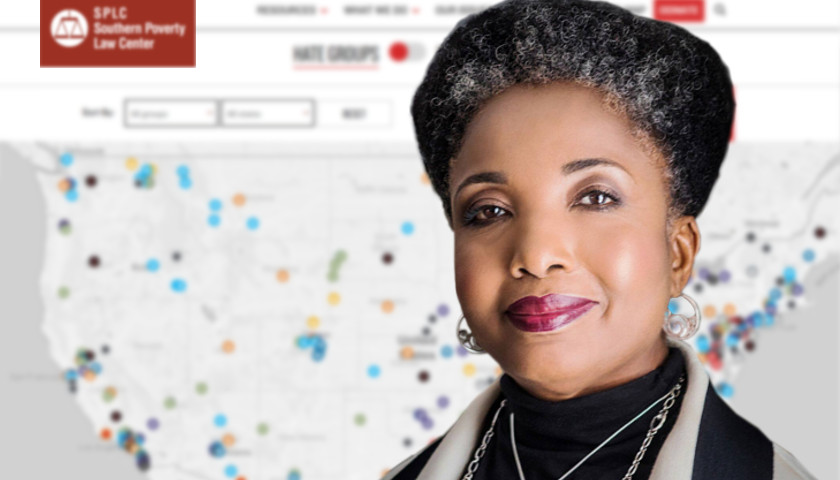Proverbs 29:18 says, “Where there is no vision, the people perish.” It is beginning to look like Nashvillians will have no real choice when they cast their August 2 ballots for the city’s next mayor. The closing date for candidates to file their papers is noon April 5, and, so far, no strong candidates have risen to challenge interim Mayor David Briley. Consequently, there is no different vision for the city. Briley is about continuity and carrying forward the vision Megan Barry and the business leaders and developers cast for the city. No one seems to question if Megan Barry’s vision for the city was what native Nashvillians needed or wanted. This is unfortunate because it deprives voters of an opportunity to hear competing ideas about what kind of city Nashville should be, how fast it should grow, and what, if any, responsibilities we owe to native Nashvillians who find the city they love unaffordable. In 2017, a financial and planning website, GoBankingRates, applied a cost-of-living index comparing cities and found Nashville had the greatest increase in cost and that it would take an income of $70,150 to live comfortably in the city. Meanwhile, U.S. Census data from 2016 placed…
Read the full storyAuthor: Carol Swain
Carol Swain Commentary: Seven Reasons to Beware the Southern Poverty Law Center
The Southern Poverty Law Center (SPLC) says its primary mission is to fight hatred, teach tolerance, and seek justice. These are noble goals for most Americans, but this is not a noble organization. It is the exact opposite. Given the SPLC’s power and influence over the media and members of Congress, this once highly-regarded civil rights organization deserves fresh scrutiny. Here are seven reasons why the SPLC fails to serve the public interest: The SPLC ignores basic standards of scientific research in selecting and classifying hate groups and extremists. The SPLC’s definition of “hate” is vague. It defines a hate group as one with “beliefs or practices that attack or malign an entire class of people, typically for their immutable characteristics.” SPLC President Richard Cohen testified in December 2017 that its assessment of hate is based on opinion, not objective criteria. (See minutes 43-48 of his testimony.) George Yancy, a University of North Texas sociologist, documented the SPLC’s subjective nature in a 2014 study, “Watching the Watchers.” Yancy said the group’s methodology seemed more geared to mobilizing liberals than cataloguing hate groups. The SPLC uses guilt by association to engage in ad hominem attacks against individuals. Hannah Scherlacher, a Campus Reform worker, found her…
Read the full story

